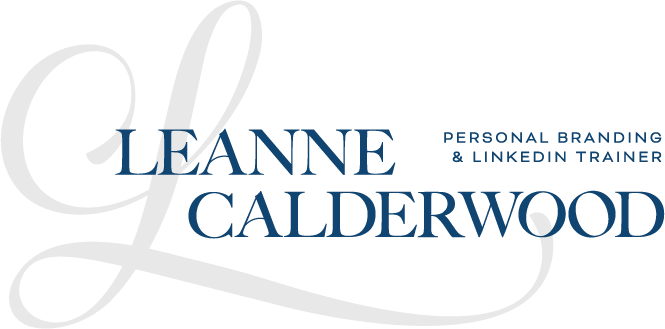Why More Content Isn’t the Answer (And Might Be the Problem) If you’ve ever felt…

How to Create an Elevator Pitch As a Hospitality Professional
You’re at a networking event, and the often-dreaded question inevitably pops up.
“So, what do you do?”
Four words, complete dread. What DO I do? How do I explain it without boring this person? Will they understand what it is I do and want to learn more about me?
Enter your Elevator Pitch. An Elevator Pitch is a brief, compelling speech that clearly outlines what it is that you do and how you help others. When creating your elevator pitch as part of your personal brand, its imperative to include some of your personal brand values as well, especially if your pitch is to create interest and intrigue in you in your career.
Your elevator pitch is a short, succinct way to share your expertise and engage those who do not know you. Your pitch, regardless of audience, should spark interest and compel your new friends to engage further with you. An effective speech will leave your new friend feeling excited, and encouraged to continue the dialogue with you afterward.
The goal of your elevator pitch isn’t to sell, but rather to create interest and move your new friend to the next interaction. Selling can be done through inquisitive inquiry and additional collateral in subsequent interactions. The goal of the elevator pitch is to get them to that next interaction with you and your product.
Here are some tips on how to create an elevator pitch:
- Decide on your goals for the pitch – For most of us in sales positions, the goal of a pitch when delivered to a potential client is to introduce them to our product or service, but you need to do so in a way that gets you to tips #6 (create interest) and #7 (earn the right to follow up)
- Be clear and easy to understand – Your new friend should walk away with a good understanding of what it is you do. Your friend should be saying to themselves “oh ya, I get it”, and make a connection with your service.
- Reasonable length – A good elevator pitch should run about 20-40 seconds, or the equivalent of a ride in an elevator. Visualize getting on the elevator on the ground floor, and a stranger (or fellow conference attendee) jumps in with you.
- Ensure your keywords are all included – there are a lot of elements to pack into your 30 seconds, so ensuring you hit all the high notes is essential to creating a lasting impression and the start of a new great relationship; one that is sure to continue with good follow-up.
- Don’t sell during the pitch – The pitch is not where sales are made, but rather they are where relationships begin. They plant the seed in helping us find common points of interest so the two parties are encouraged to learn more about one another.
- Create interest – The words you choose when delivering your pitch should leave your new friend wanting to learn more about you. You’ve piqued their interest in some way!
- Earn the privilege for follow-up – The goal of a good elevator pitch is to earn the privilege to continue the conversation after your interaction at the event is over. Create enough interest to warrant an ask for contact information for follow-up.
- Practice – once you’ve checked all the boxes on the above 7 tips, practice your elevator pitch until it becomes part of your natural speech, versus a rehearsed speech. Try filming yourself delivering your elevator pitch, or simply practice in a mirror. Practicing with a peer can also help you both with feedback on your respective pitches.
You may have a variety of elevator pitches prepared for different circumstances; some examples may include more about your product or services, some versions may be more about you and your brand values. It all depends on your audience.
Whether in-person or virtual, your elevator pitch will help you connect with your new friend, and help communicate how you can be of service. It’s a natural and authentic extension of your personal brand.
RELATED – Authentic Personal Branding
RELATED – Why is Personal Branding Important?
RELATED – The 8 Pillars of your Personality
RELATED – Storytelling for Sales Professionals
RELATED – Imposter Syndrome (and the things we tell ourselves!)
Photo by Vladislav Klapin on Unsplash



